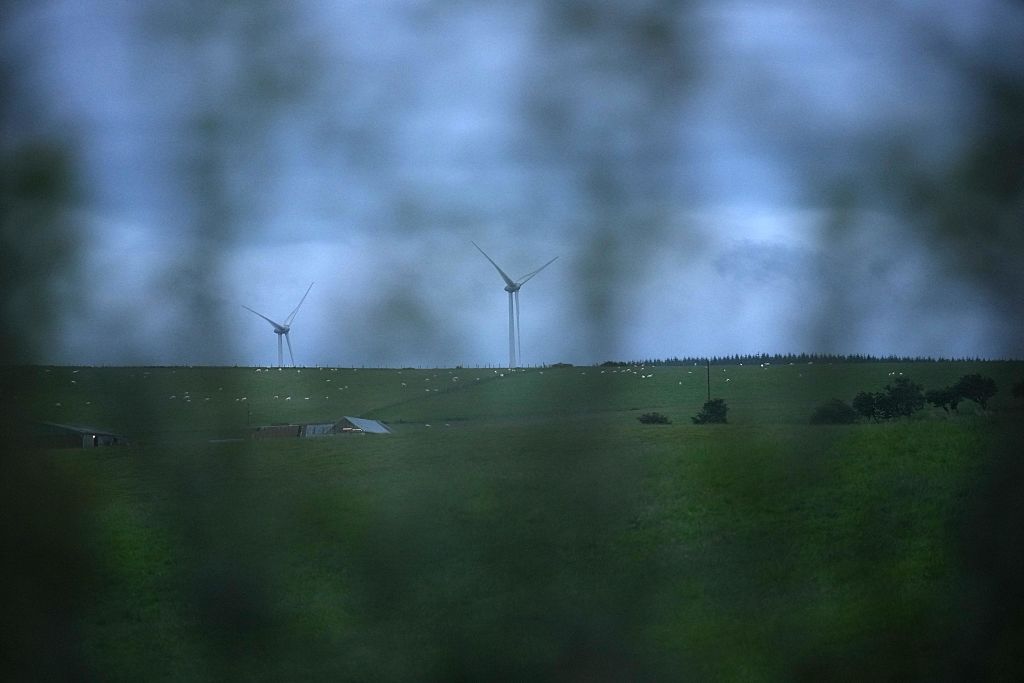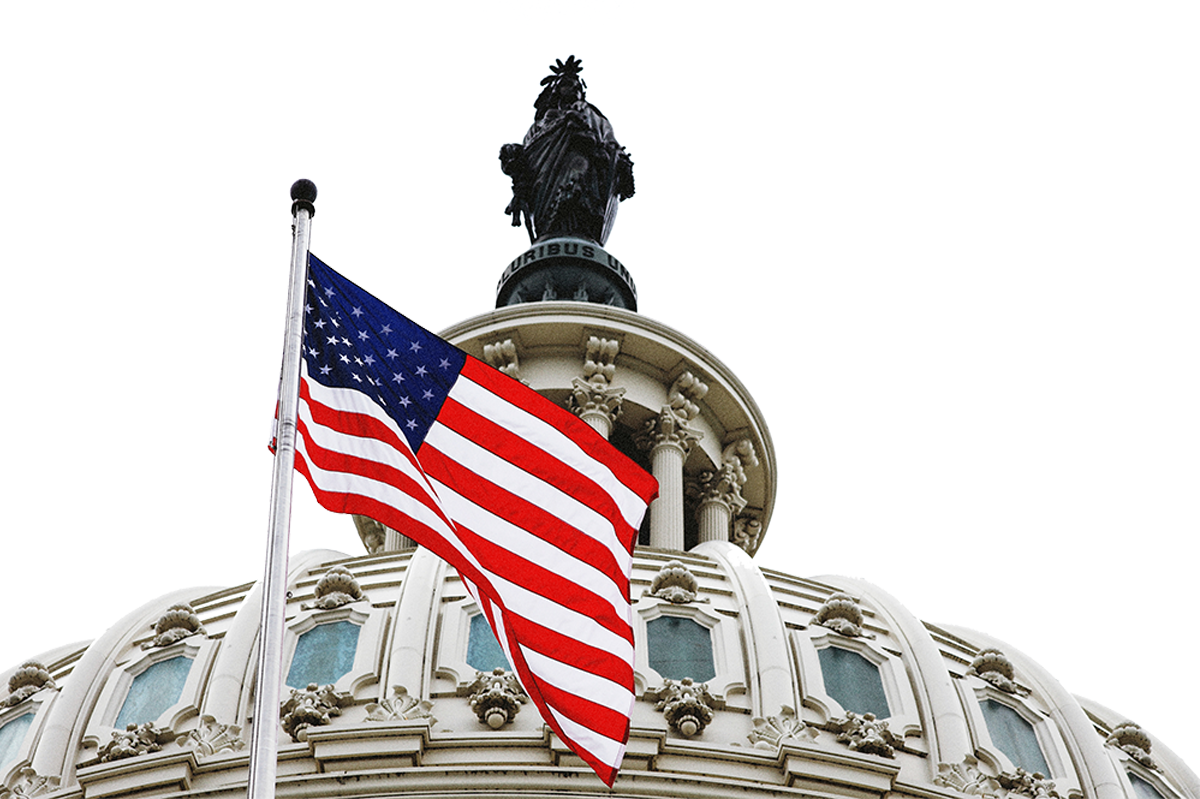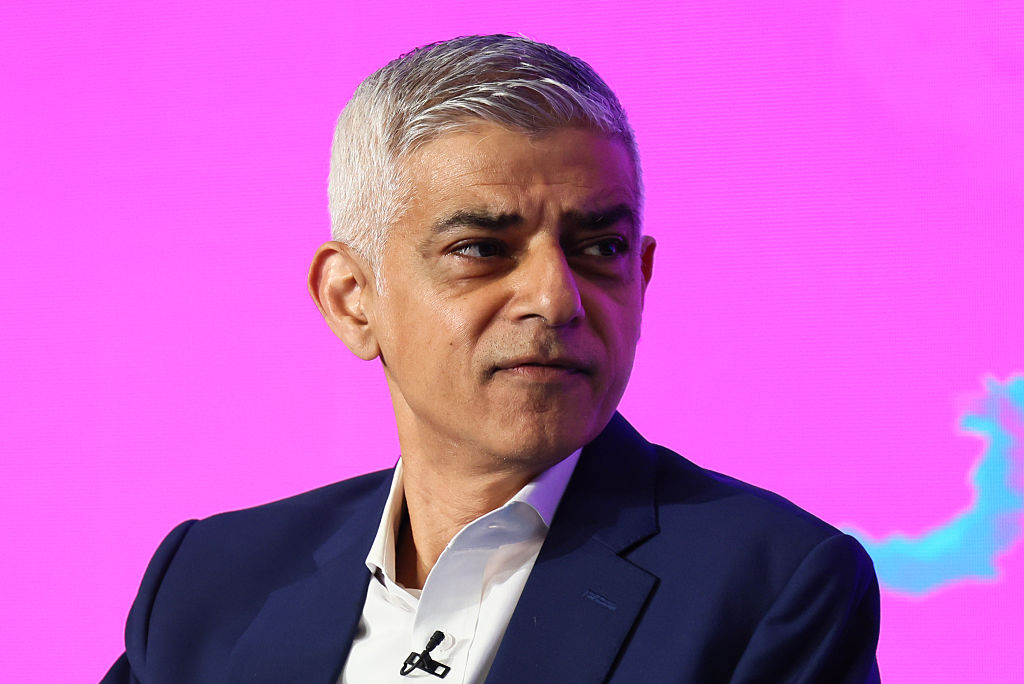Donald Trump is often treated in Britain as a know-nothing who speaks off the top of his head on subjects he does not understand. No one is keener to try to make this point than the BBC. Yet not for the first time, it turns out that he is bit more on the ball than some of his critics. After his game of golf at his Turnberry course in Ayrshire, western Scotland on Sunday, the president retorted: “it’s probably the best course in the world. And I look over the horizon and I see nine windmills at the end of the 18th. I said ‘isn’t that a shame?’”.
It was enough to provoke the BBC into providing what it saw as an explainer. Scottish environmental correspondent Kevin Keane was especially excited by Trump’s comment suggesting that Britain “get rid of the windmills and bring back the oil”. Protesting, somewhat pedantically, that there are no “windmills” in the sea off Britain, just wind turbines which generate electricity rather than mill corn, Keane went on to assert that it isn’t possible to “bring back the oil” because North Sea oil in running out and will decline even were it not for the UK government’s refusal to issue licenses for oil and gas extraction there. There are in fact several oil and gas companies which are very keen to invest in new exploration – but that the government has made their lives near impossible. Not only has the search for new oil and gas fields there been effectively banned, but companies exploiting established fields are subject to a “windfall” tax which increases the effective levies on their operations to nearly 80 per cent. The extra tax was introduced by the previous government in 2022 when there really were windfalls being made owing to high global prices following the end of the Covid pandemic and the Russian invasion of Ukraine. Yet the tax has lived on in spite of prices falling back a long way.
The BBC also ignores the potential for shale gas in Britain – a putative industry which has since been banned by the present and the previous governments. Various estimates have put the amount of shale gas available beneath Britain to be equivalent to between 10 and 50 years’ current usage. That certainly could be a growing industry – if only it were allowed.
Britain’s energy sector, asserts the BBC, “needs wind… to replace the jobs which are already being lost in oil and gas”. That overlooks two problems with the UK’s wind industry. Firstly, it has been pretty feeble at creating jobs. According to the International Renewable Energy Agency (IRENA) the UK has 0.3 per cent of global jobs in renewable energy – yet it has one percent of the Earth’s population and has set itself tougher “net zero” targets than all but a handful of other countries. Why hasn’t it landed more jobs? One important factor is that Britain has the highest industrial energy prices in the world – thanks in large part to net zero targets, carbon levies and so on. It is just so much cheaper to produce wind turbines – and other manufactured goods – in China, where 60 percent of electricity generation still comes from cheap coal.
Secondly, Britain does not have the grid infrastructure to support the large number of turbines which have been built in and around Scotland in recent years. On windy days turbines there often have to be switched off because the transmission wires cannot cope. When this happens, owners of wind farms receive generous compensation in the form of what are known as “constraint payments” – which cost energy consumers $2 billion last year.
The wind farms which Trump feels are spoiling the view from his Scottish golf courses are not just unsightly – they are costing UK consumers a fortune and struggling to keep the lights on.


























Leave a Reply